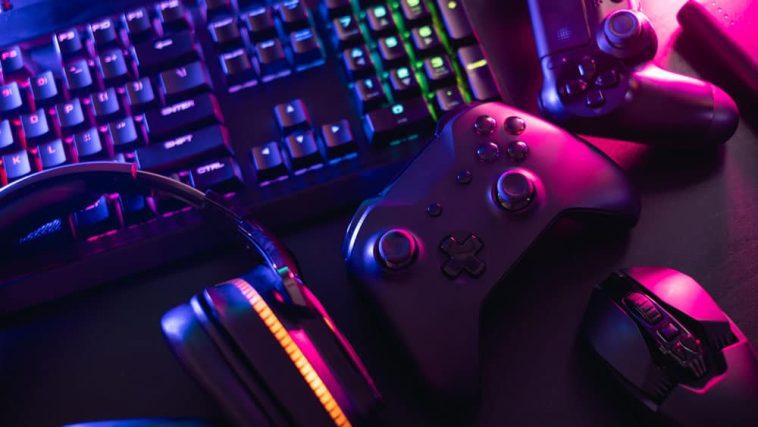Nearly 4 billion people around the world don’t have access to the essential healthcare services they need, like immunizations or pediatric care. Complicating matters, the World Health Organization (WHO) estimates a global shortage of 18 million healthcare workers by 2030 — primarily in low-and-middle income countries (LMICs).
In many countries, healthcare workers use smartphone applications to manage data specific to certain diseases like malaria and tuberculosis. However, the data is often stored across multiple applications using different data formats, making it difficult for healthcare workers to have all the information they need. Additionally, it’s difficult for healthcare providers and organizations to exchange data, so they often don’t have a holistic view of individual or community health data to inform health decisions.
To give healthcare workers access to advanced mobile digital health solutions, we’re collaborating with the WHO on building an open source software developer kit (SDK). This SDK will help Android developers around the world, including in LMICs, build secure mobile solutions using the Fast Healthcare Interoperability Resources (FHIR), a global standard framework for healthcare data that is being widely adopted to address fragmentation and foster more patient-centered care. With Android OS powering 3 billion active devices worldwide, this collaboration provides an opportunity to support more healthcare workers on the frontlines.
Supporting developers and frontline health workers
Frontline health workers often work in areas where connectivity is unreliable. The SDK allows Android applications to run offline by storing and processing data locally, so health workers can deliver care without worrying about connectivity. When there is connectivity, the SDK will send the server the latest data collected on the device, and receive new updates to patient records.
The SDK is being designed to provide healthcare workers with access to decision support tools. For example, the WHO is using the SDK to develop EmCare, an app for healthcare workers in emergency settings. This application provides clinical decision support, based on the WHO SMART Guidelines content, which ensures compliance with evidence-based recommendations at the point of care.
By providing a common set of application components – like on-device storage, data-access and search APIs – the SDK reduces the time and effort it takes to build FHIR-based, interoperable digital health applications on Android, maximizing the efforts of local developers and unlocking their potential to meet their community’s needs.
The FHIR SDK facilitates interoperability and high-quality data exchange and is designed with a high level of security. Interoperability not only opens up the ability for healthcare workers to more easily gather community health data, but also makes it possible to use high-quality data to understand health trends, better prioritize high-risk patients and deliver more patient-centered care to everyone. All data stored by apps built on the SDK is strongly encrypted, and the SDK does not send or share any data with Google.
Extending interoperability globally
The global digital health community is rallying around FHIR to help improve health data interoperability, and we are committed to helping developers everywhere safely use our SDK to build secure and interoperable digital health solutions for their communities.
We are collaborating with WHO and a group of developers to make sure the SDK meets the needs of the community. We plan to release it more widely in the coming months and look forward to supporting developers as they build digital health tools for healthcare workers everywhere.
Website: LINK


